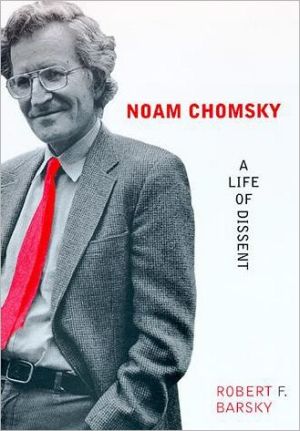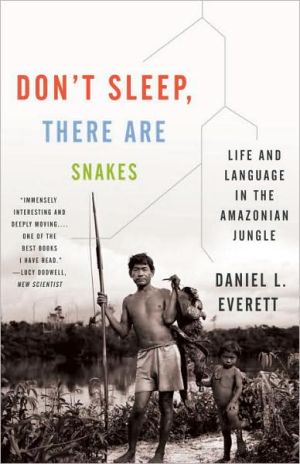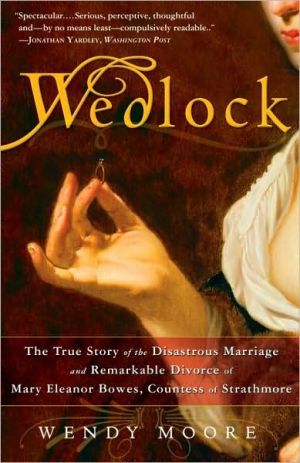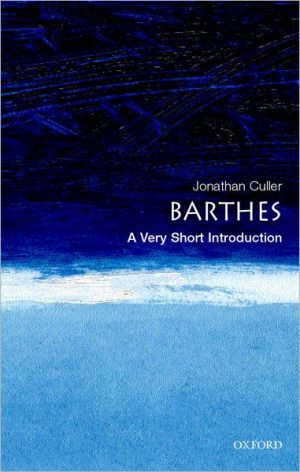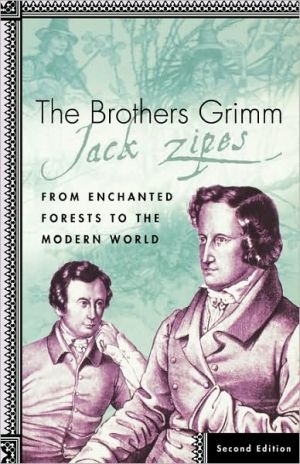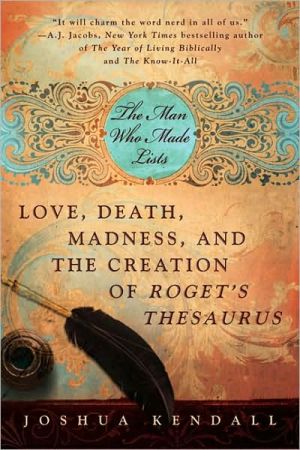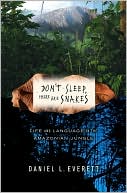Noam Chomsky: A Life of Dissent
\ "For over thirty years Noam Chomsky has been a pathbreaking linguist and a controversial critic of American policies and politics. Indeed, the world seems to divide between those who revere and those who revile Chomsky. Both groups would find valuable Robert F. Barsky's appreciative biography; he recounts (the known and the little known) facts of Chomsky's life, evaluates his linguistic contribution and surveys the main quarrels. This is an essential book not only for Chomsky affecionados...
Search in google:
This biography describes the intellectual and political environments that helped shape Noam Chomsky, a pivotal figure in contemporary linguistics, politics, cognitive psychology, and philosophy. In describing these formative individuals and milieus, the book also presents an engaging political history of the last several decades, including such events as the Spanish Civil War, the dropping of atomic bombs on Hiroshima and Nagasaki, and the march on the Pentagon. The book highlights Chomsky's views on the uses and misuses of the university as an institution, his assessment of useful political engagement, and his doubts about postmodernism. Because Chomsky is given ample space to articulate his views on many of the major issues relating to his work, both linguistic and political, this book can also be seen as the autobiography that Chomsky says he will never write.Barsky's account reveals the remarkable consistency in Chomsky's interests and principles over the course of his life. The book contains well-placed excerpts from Chomsky's published writings and unpublished correspondence, including the author's own long correspondence with Chomsky.* Not for sale in Canada Times Higher Education Supplement [A] detailed and perceptive survey of Chomsky's life and work.
List of Illustrationsix Acknowledgmentsxi I The Milieu That Formed Chomsky1 Introduction3 1 Family, Hebrew School, Grade School9 2 Zellig Harris, Avukah, and Hashomer Hatzair47 3 Humboldt and the Cartesian Tradition95 II The Milieu Chomsky Helped to Create117 4 The Intellectual, the University, and the State119 5 The Intellectual as Commissar165 Conclusion201 Notes219 Works Consulted221 Index229
\ Philip LeggiereIt's just about impossible to be neutral about the work of Noam Chomsky, the world-renowned linguist who for three decades has moonlighted as the most prominent radical intellectual critic of American foreign policy. His admirers applaud his incisiveness and moral courage, as both author and activist, in exposing the imperialistic underpinnings of government, military and media policies in the Third World. His detractors (whose ranks include most of the media) dismiss him as being overly simplistic and conspiratorial, a knee-jerk "blame America firster" and utterly blind to the world's realities.\ Chomsky is a well-spoken and oddly charismatic man, and while these qualities helped to make him such a provocative public figure, they offer special difficulties for would-be biographers. Robert F. Barsky's Noam Chomsky: A Life of Dissent, the first-full length Chomsky life study, is far too partisan and awestruck by its subject. It lacks the subtle mix of empathy, critical detachment and fearlessness that commingle in the best biographies. Nonetheless, it's a well-researched and fact-filled introductory overview of Chomsky's multifaceted public career.\ Barsky provides a detailed look at the milieu in which Chomsky's ideas were formed, beginning with his childhood in Philadelphia. Chomsky's father, a noted Hebrew scholar, inspired his fascination with language, while his mother's family exposed him to the rich culture of Jewish radicalism. Barsky also offers an informative account of Chomsky's adolescent education, including his initiation into academic linguistics at the University of Pennsylvania and his discovery of the intellectual heroes who would shape his career, especially his role model, Bertrand Russell, whose portrait adorns Chomsky's office to this day.\ Eschewing any exploration of Chomsky's emotional or private life (which Chomsky evidently declared off-limits), Barsky follows his emergence into the public limelight in the 1960s. Chomsky attained fame both as an MIT theorist of "Transformational-Generative Linguistics," a revolutionary approach to the discipline, and as hero of the New Left, relentlessly debunking American policies in Vietnam. Finally, Barsky traces the post-'60s trajectory of Chomsky's career: the refinement and growing international influence of his linguistic theories (lucidly outlined by Barsky) and his tireless involvement in campaigns against U.S. policy in Latin America, the Middle East and East Timor.\ The book's narrative is, unfortunately, peppered with saintly descriptions more appropriate to a hagiography than a critical biography. "As he tackled the enormous job of fending off his attackers," Barsky writes in an all-too-characteristic passage, "Chomsky refused to put aside any of his projects. He gave conferences, wrote letters, completed his books. He was, and is, for generations of dissenters, a figure of enlightenment and inspiration." Such hyperbole is unnecessary: Chomsky, however one judges his political stances, is one of the bona fide examples in our time of that over-used honorific "the public intellectual." As such he's a figure who can stand, indeed deserves, a stronger and more substantially critical biographer, confidently willing to tackle both his strengths and flaws in their full measure. --Salon\ \ \ \ \ \ Times Higher Education Supplement[A] detailed and perceptive survey of Chomsky's life and work.\ \
